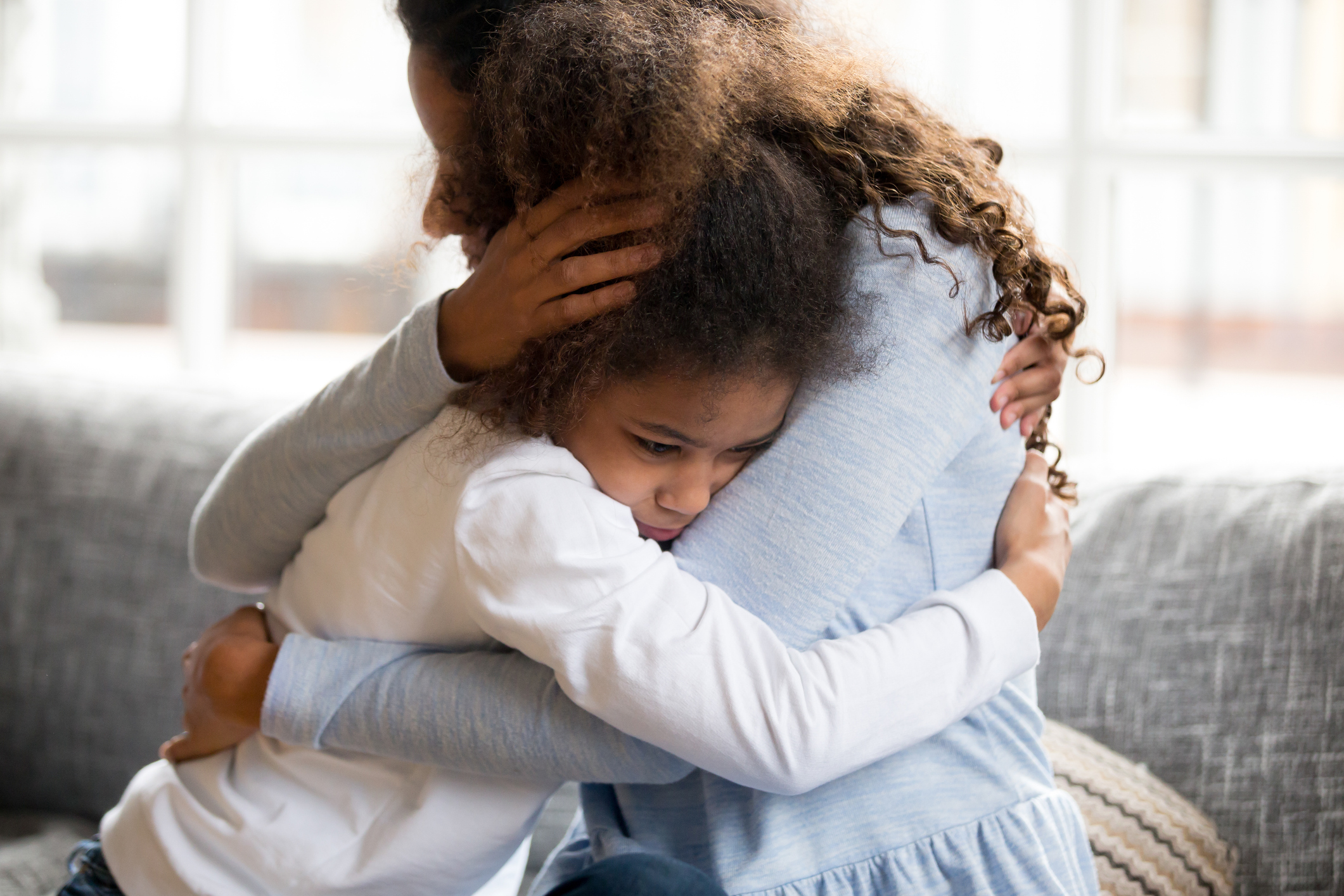Help your kids cope with anxiety

I have a daughter in the first grade. I’m anticipating the many life challenges she will face – bullying, body image, looking different, acting different, homelife problems, LGBTQ concerns, peer pressure, and so much more. Right now, our kids are trying to understand and cope with the Oxford High School shootings.
The overall safety of our kids is our number one priority. We’ve been dealing with COVID, wearing masks, virtual learning, lack of socialization, and now the school shooting tragedy … right here, in our neighborhood.
In my therapy practice, I’ve been seeing far more kids since the Oxford incident. These kids are scared, they are worried, they are anxious and depressed, they are afraid to go back to school. How do our kids get past this? And what can parents do to help them through this traumatic time?
First, look for signs your child may be in trouble emotionally:
- Eating patterns have changed – they are eating too much or too little
- Withdrawal – verbally or socially
- Isolating – hiding out in the bedroom
- Hygiene habits – not showering regularly, wearing the same clothes day after day
- Sleepless nights
- Stomach aches
- Headaches
- Anger outbursts
- Rapid speech, talking a lot more
Next, begin conversations. My wife, daughter and I dedicate our daily dinnertime to talking about our day, sharing our moments of sadness and happiness, our challenges and disappointments, and what brought us joy and a feeling of gratitude. We all share. This builds trust and openness among us. My daughter feels comfortable and safe sharing because we have created a safe and non-judgmental environment.
Remember, kids may not even be able to acknowledge their feelings initially because they don’t recognize them. Be patient. Give them some time to open up.
Once the communication seems to be flowing productively, I recommend these tips to keep it going in a healthy, productive direction:
- Normalize the feelings your kids are having. These are real for them! If they say they are afraid to go to school because they may bet shot in the hallway, this is a reality for them. Don’t downplay these feelings.
- Validate their concerns.
- Be open to their questions.
- Let them talk and actively listen.
- Don’t make it about you. Don’t interrupt and tell them a story about when you were a kid. They don’t want to hear that. You will lose them, and the communication will end.
- Practice active listening skills and focus on that.
- Use the mirroring technique. Repeat what they are saying to you so they will know you are listening, and you understand.
If you find your child is overly anxious to the point of panic, try these grounding techniques. They work!
Ask them to try to be in the moment and block out all external distractions. Find a quiet place. Ask them the following:
- Acknowledge five things they can see (eg, the sky, trees, snow on the ground, their shoes).
- Acknowledge four things they can feel (eg, their dog, the shirt they are wearing, their fingertips).
- Acknowledge three things they can hear (eg, sirens, a barking dog, their breath).
- Acknowledge two things they can smell (eg, perfume, freshly baked chocolate chip cookies, flowers).
- Acknowledge one thing they can taste (eg, a piece of gum or candy they can put in their mouth).
I always encourage my clients to keep candy or gum with them, wear a scent they enjoy (eg, perfume, cologne, lotion, deodorant), and wear something special or memorable to them. These items will help them when they need to use grounding techniques.
Your goal is to take them away from the fears and anxiety in their head for a few moments. Allow them to take back control of their out-of-control feelings and thoughts.
Our kids have a lot of internal, everyday stressors, and now we’ve added the fear of being shot in a hallway at school. They need to learn healthy coping skills.
If you find your child is not adjusting well, consider seeking professional help for them. You can interview therapists until you find the right fit. And you can sit in on the sessions.
Remember, we are going through a mental health crisis. The feelings your child has are valid. Allow your child – and encourage your child – to express those emotions. Tell them it is okay to cry or yell. And they may be doing that for a while. Be patient, understanding and non-judgmental. It will bring you closer together.
The Center for Relationship and Sexual Health in Royal Oak, Michigan, has several therapists on staff who can help. Visit crsh.com, click “our therapists,” and choose one who best fits your child’s needs. You can make an appointment online or call the center at 248.399.7447.
